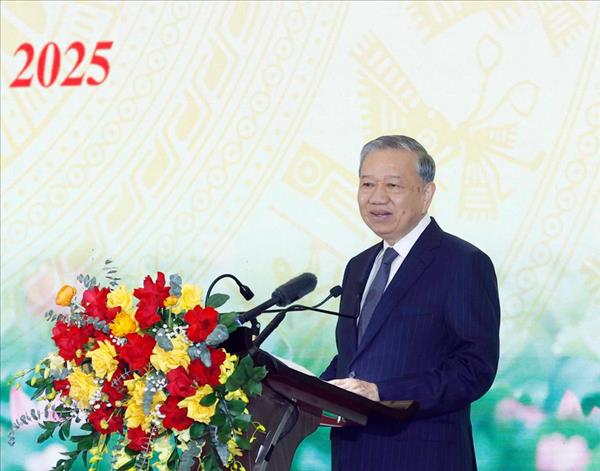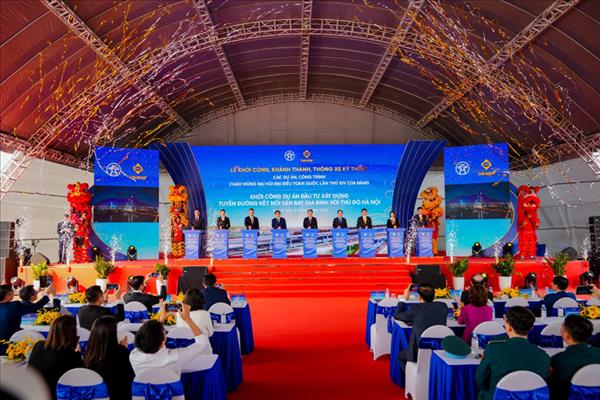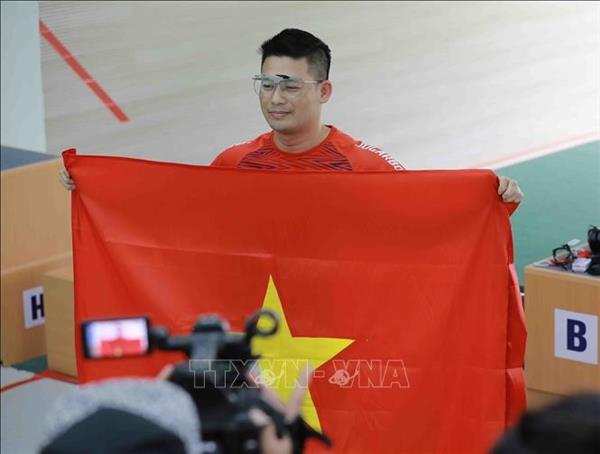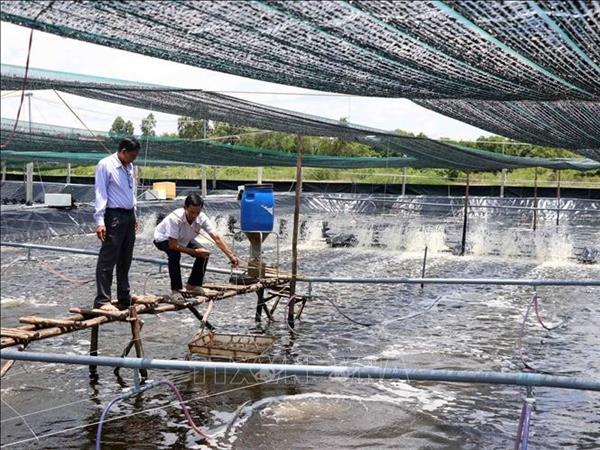Addressing the ceremony, VGCL President Bui Van Cuong recalled the revolutionary life of the late communist, who was once Hai Phong Party Committee Secretary. He said that the memorial house is expected to serve as a venue to remember the late leader.
Located in An Dong commune, An Duong district, the project covers 3.04 hectares and is scheduled to complete in 2019 on the occasion of the 90th founding anniversary of the Vietnam Trade Union.
In 2007, locals of Hai Phong built a memorial house for Canh and martyr Ho Ngoc Lan in Thong Nhat shoe company in An Duong district.
Canh was born on February 2, 1908 in Diem Dien village, in today Thai Thuy district of Thai Binh.
Being enlightened by the revolutionary ideology, he joined various patriotic movements in 1925-26 when he was studying in Thanh Chung Nam Dinh High School. Then he joined the Vietnam Youth Revolution Association, which was a turning point in his revolutionary life.
In 1928, he was assigned to work as Hai Phong Party Secretary. In 1929, the working class movement had developed well and Canh had made lots of contributions to Tong Cong Hoi Do Bac Ky (the predecessor of the Vietnam General Confederation of Labour).
In March 1929, at House No 5D, Ham Long street of Hanoi, the first Communist unit in Vietnam was established with eight members including Canh.
In June 1929, he was elected to be a provisional member of the Central Committee of the Indochina Communist Party.
In April 1931, he was captured by the French. Though he was tortured by the invaders, he did not reveal any secrets of the Party. He was sentenced to death by the French and was killed in 1932.
Earlier on February 2, a scientific seminar was held in Hai Phong to discuss the contributions of Canh to the working class and trade union development of Vietnam.
VNA/VNP

















